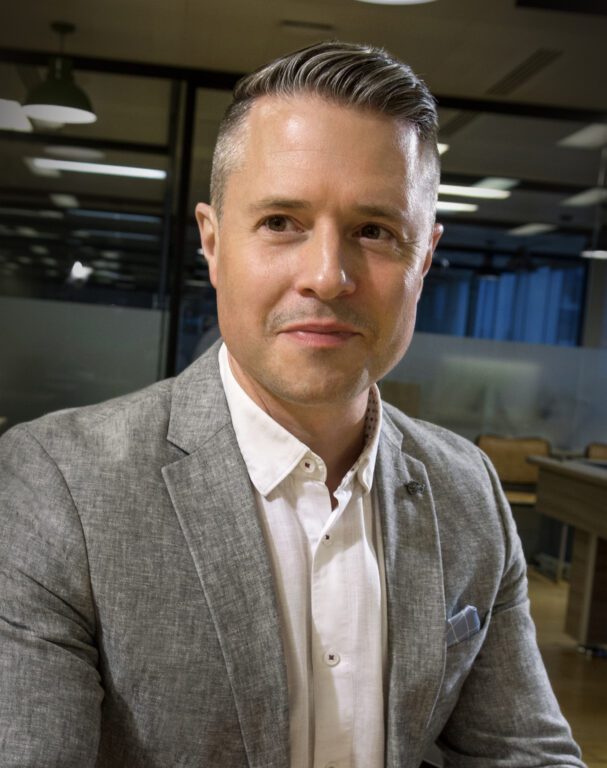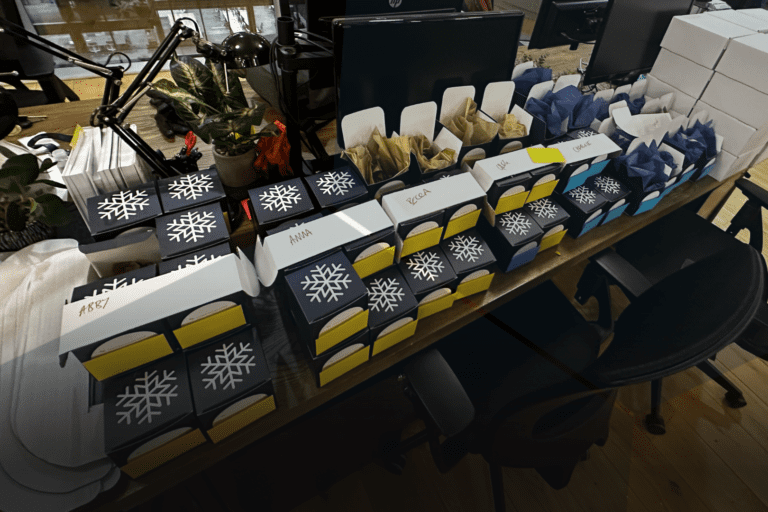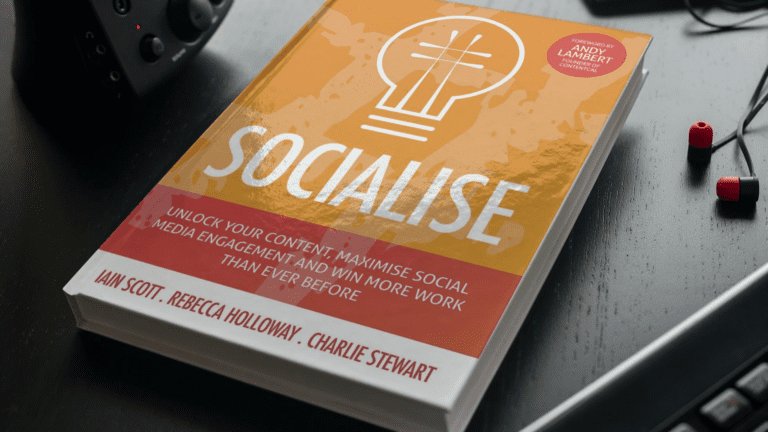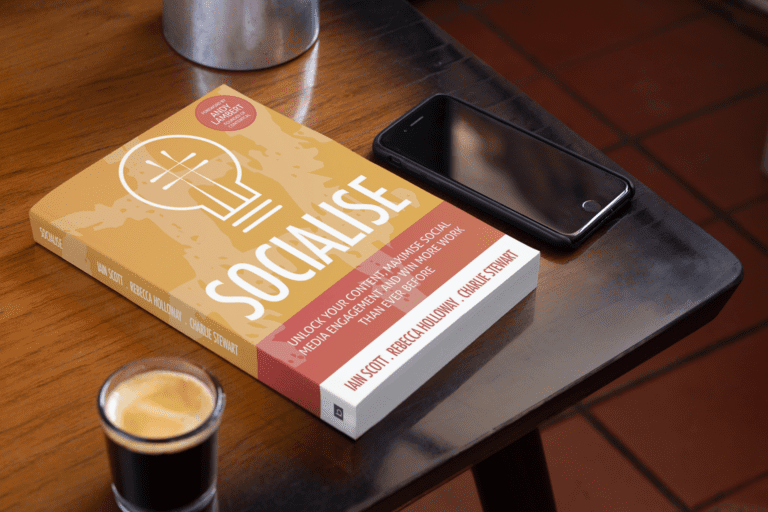
Iain Scott
Founder & CEO
Iain has a strong background in digital, and brings high-level strategic thinking to client campaigns.
Twice a year, I’m given the topics from which the students develop their coursework from, and deliver my story on setting up Base Creative, the trials, the tribulations, the adventures.
I was there having been in business for less than three years (probably still considered a start-up), my old teacher there to represent the school. She immediately took the opportunity to invite me in to speak to their current GCSE business students about life as an ‘entrepreneur’, as a business owner, and as a previous high school student. I gladly accepted.
And so twice a year, ever since, I’m given the topics from which the students develop their coursework from, and deliver my story on setting up Base Creative, the trials, the tribulations, the adventures.
We hold a Q&A session after each talk where, somewhat reluctantly, the students ask questions.
“What car do you drive?”. “Are you successful?”. “How much money do you have in the bank?” “Will you retire in 5 years?”
It’s refreshing being asked such candid questions, and so intriguing to uncover the motivations of much younger aspiring business people. It’s a real opportunity to talk straight. To even uncover my own motivations and learnings over the past decade. Some of these learnings aren’t taught at school, they’re taught through experience. And this process of taking a step back and saying to myself, “how did I get here?” is to start to appreciate one’s value.
Some say high school students are the toughest crowd. I’d suggest the opposite is true. If I want to make them laugh, I just relax into it (and let their teacher do the shouting). If I want to keep their attention, I ask them questions.
Many a time have I used the sweets they might be secretly passing around as an opportunity to talk about trade, and that it isn’t always currency that forms the basis of a transaction. Or I ask a group of them where they get their hair cut, and how much they pay. Then I challenge them on why they ‘pay so much’ (or ‘so little’), and if it’s as much about the experience as it is about the product or outcome. It stirs up conversation. It gets them thinking of real life, relatable examples. It keeps their attention on the topic.
But more than anything, they judge the least. A strong sense of implicit respect shows through their bold questions. And I know I can be honest. If it’s not the answer they’re expecting, it’s an opportunity to switch their perceptions and challenge their beliefs on the important things in life, and in business.
“What car do you drive?”. I don’t own a car. I’m a member of a car pooling club. I get to drive a great car when I want, but for a fraction of the cost.
“Are you successful?”. Good question, but let’s define success. Money? Employees? Big clients? Big office? Golf every Friday morning? Or just the ability to tell your friends you have these things?
“How much money do you have in the bank?” How much money do you think I should have? (The deviation between the answers surprises themselves).
“Will you retire in 5 years?” And do what? Choose a job you love, and you’ll never work a day in your life.
Really appreciate your input and the kids were chatting about it in the next lesson. Thank you so much – you have been more than generous and have helped so many students get their grades. – Elaine

Founder & CEO
Iain has a strong background in digital, and brings high-level strategic thinking to client campaigns.
View my other articles and opinion pieces below
There are so many opportunities for businesses to amplify the good in the world. That includes helping our clients as they lead the way in smart energy, employee-ownership and biotechnology. Each Christmas, however, we look for ways to help others outside of our everyday work. In 2005, we launched the Work With Us programme to […]

We are thrilled to announce that our new book Socialise: Unlock your content, maximise social media engagement and win more work than ever before is now available to order and download on Amazon. Purchase your copy of Socialise here. What is Socialise? Your content isn’t boring. You’re just communicating your content in a boring way. […]

Your content isn’t boring. You’re just communicating your content in a boring way. Every business we talk to has the same problem. They need to harness the power of storytelling to reach their audience, but in a constantly changing online landscape, it feels like a marketing strategy written on Monday is already out of date […]

The Base Creative team has had a presence at Turing Fest, Europe’s most talked about tech event, since 2016. It’s not just time to soak up great content from highly experienced and qualified speakers but also an opportunity to be fully immersed in conversations around business strategy, technology, growth – and where we come in. […]
